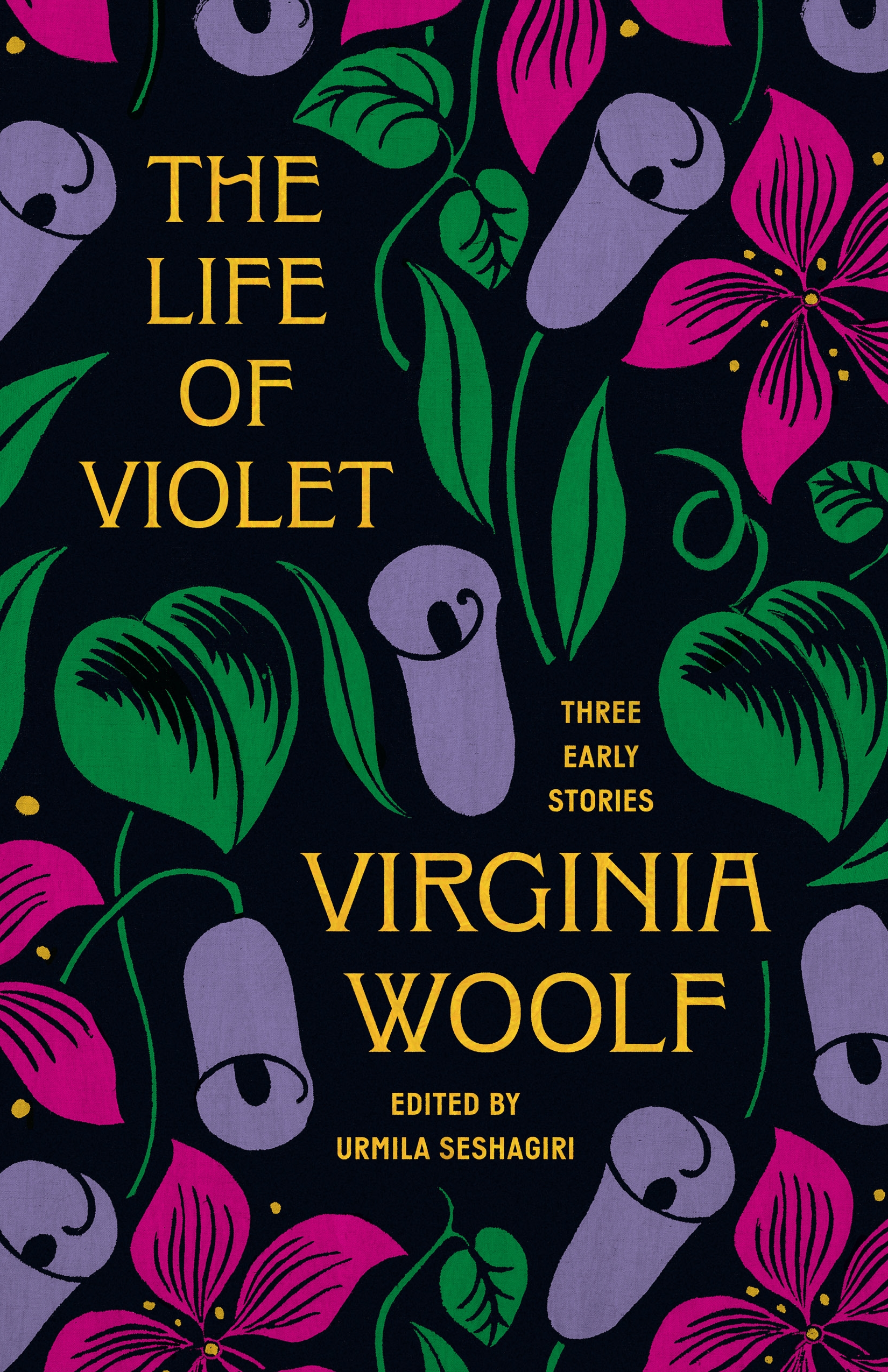Inspiring Older Readers
 posted on 02 Oct 2025
posted on 02 Oct 2025
The Life of Violet: three early stories by Virginia Woolf
I wonder what would spring to your lips if I asked you to give me some words that typify Virginia Woolf’s writing style? I’m willing to bet they wouldn’t include words like ‘playful’, ‘fun-loving’, ‘fantastical’, ‘pastiche’ ‘satire’ and ‘full of in-jokes’ but that’s exactly what you get with these three very short stories written by Virginia Woolf for her close friend, Mary Violet Dickinson.
First drafted by Woolf in 1907 when she was twenty-five-years-old, eight years before her first novel, these three interconnected stories are a fond and very much tongue-in-cheek tribute to her friend. These sketches involved a teasing play on Dickinson’s huge presence - physical, emotional and even literary. She was, to Woolf, a giantess in all ways and so it’s fitting that in these three tales - Friendships Gallery, The Magic Garden and A Story to Make You Sleep - Violet is turned into an actual giantess.
What was not known until it was discovered in 2022 by the noted Woolf scholar, Urmila Seshagiri, is that Woolf worked up these sketches into the finished stories that are presented here for the very first time. Seshagiri has transcribed, annotated and provided valuable introductory notes and a substantial afterword.
I think that any fan or scholar of Woolf will find this volume fascinating and indispensable - and I’m going to be honest here - not because of the stories in themselves which are, in my view, slight but because of the light it casts on Woolf’s frame of mind and the way her literary imagination can run riot when given licence. The stories also provide an intriguing window on her relationship with Dickinson and we get to know much more about someone who might otherwise be on the outer edges of the Woolf phenomenon.
For me the real gold lies in Woolf’s playful and knowingly satirical digs at her own social status and inner circle. It’s also a delight to see her showing her ability to revel in literary pastiche - the fantasy story structure and its lack of limits and boundaries gives her plenty to work with.
But if the stories don’t convince you, you’ll certainly want this book for its genuinely indispensable fore and afterwords. They are packed with information and analysis - the fruits of a scholar right on top of her subject.
Published by Princeton University Press, you will be able to get a copy from your local independent bookshop- who will be happy to order it if they don’t have it on their shelves.
Terry Potter
October 2025